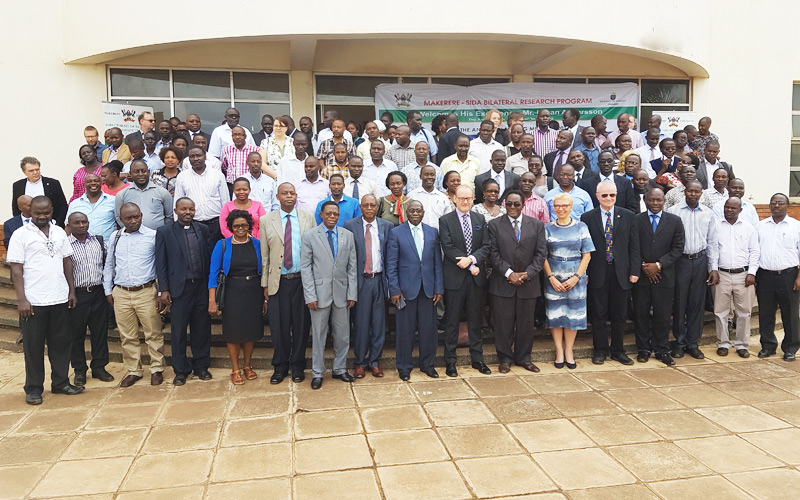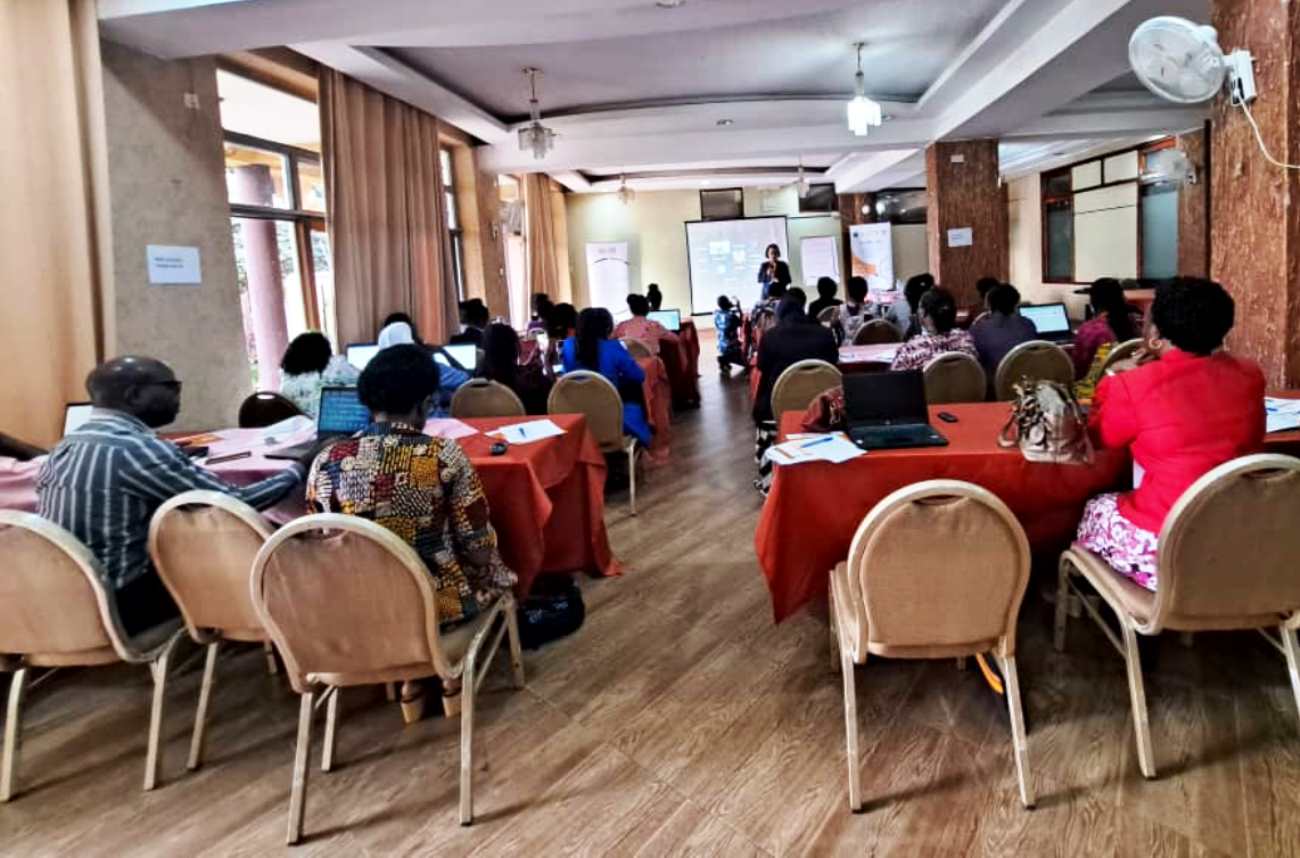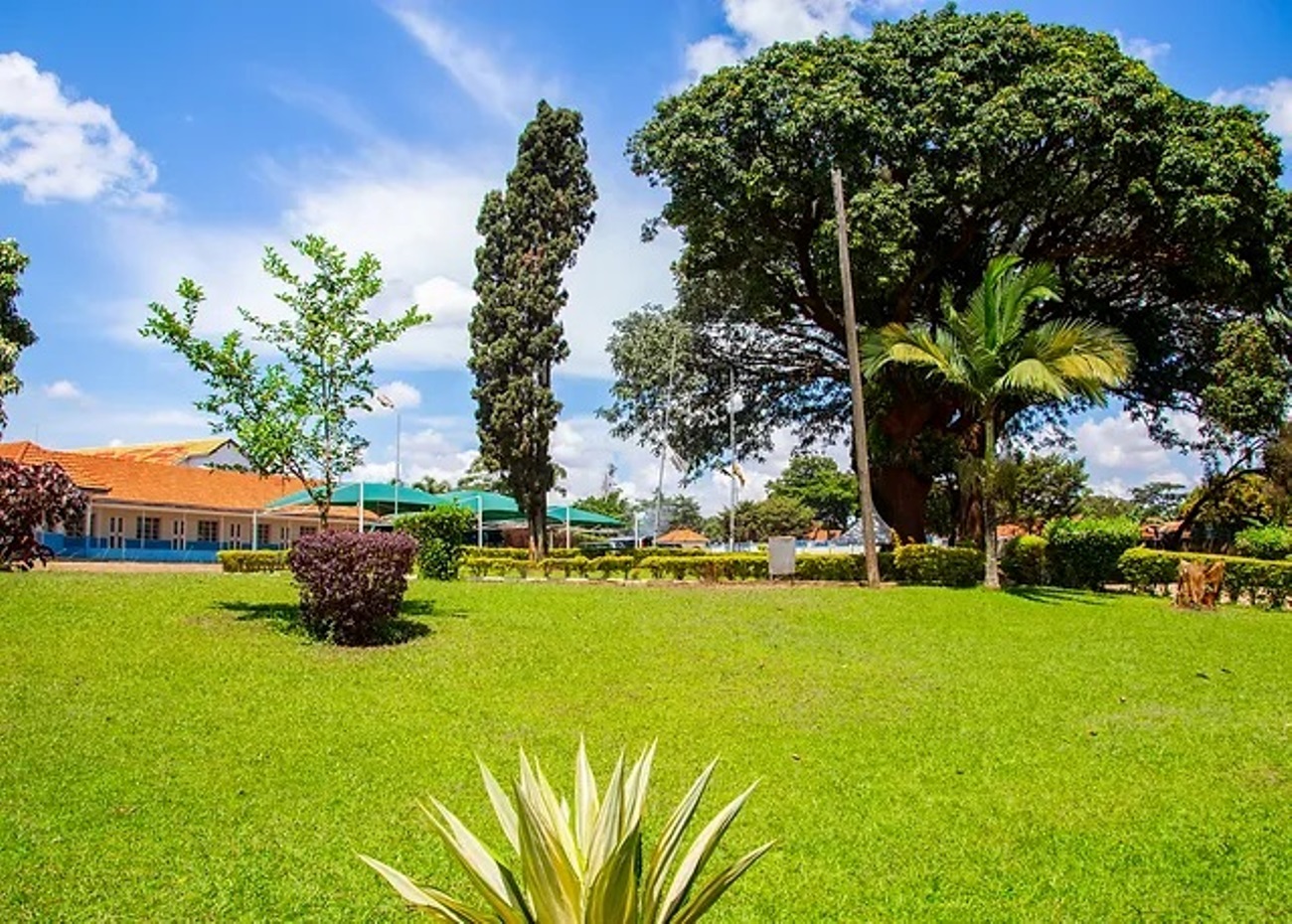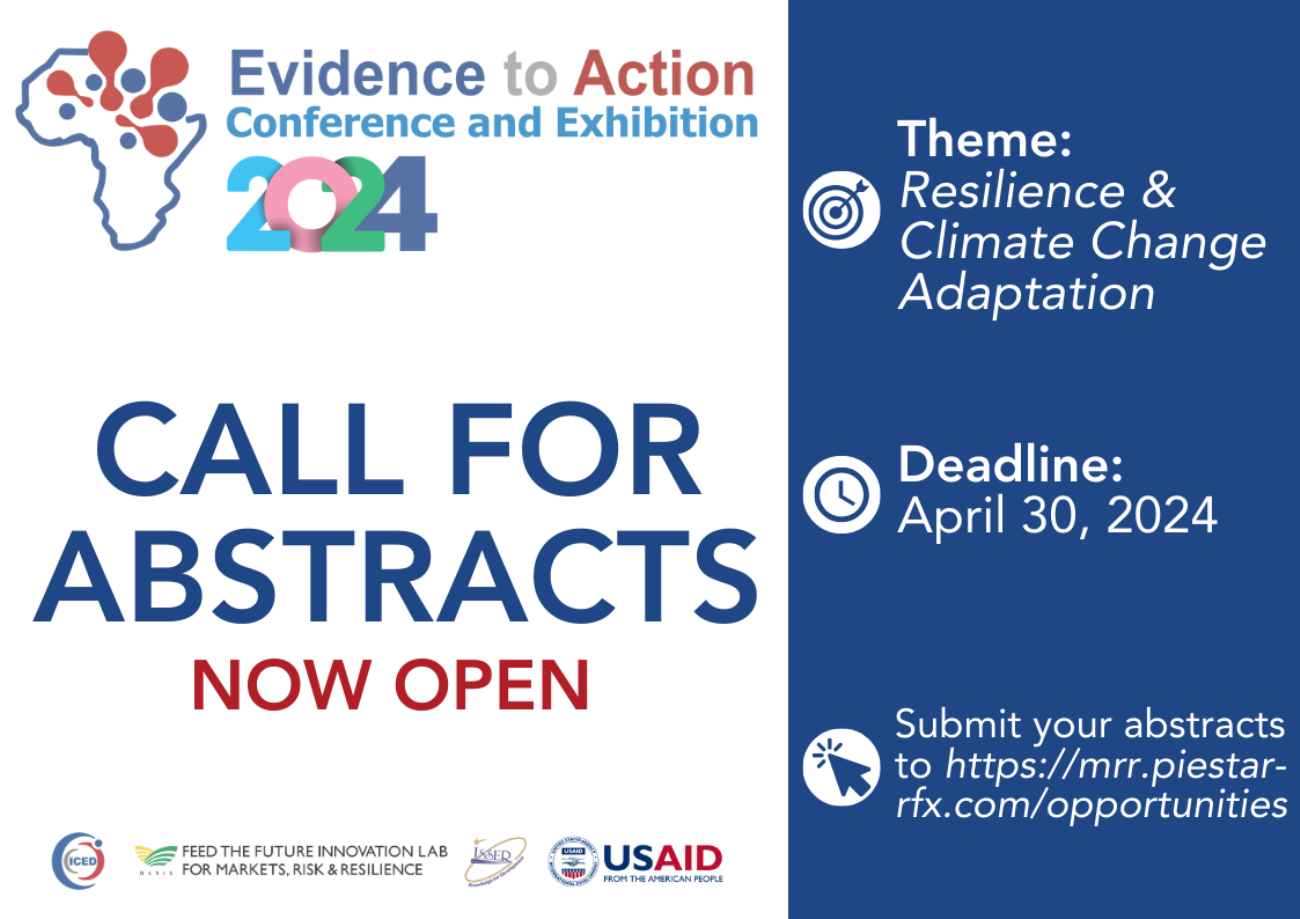“It is my pleasure to address this first Annual Planning Meeting of the Research collaboration between Sweden and Uganda, 2015-2020. In the five upcoming years, this programme shall fund 337 academics. For the postgraduate education, research and institutional support, the Swedish Government has committed USD 32 million. This Annual Planning Meeting marks formally the start of your academic and organizational efforts,” said the Swedish Ambassador, H.E Urban Andersson.
The Makerere University-Swedish International Development Agency (Sida) Bilateral Research Cooperation (2015-2020) is an initiative to strengthen and enhance the capacity of public universities in Uganda to generate knowledge and promote research uptake for national and regional development.
The public universities in Uganda supported under this programme include: Makerere University, Kyambogo University, Mbarara University of Science and Technology, Gulu University and Busitema University. The programme also has Eleven (11) Swedish Universities in partnership.
Prof. Buyinza Mukadasi, Director, Research and Graduate Training and Overall Sida Programme Coordinator, thanked the Government and People of Sweden for supporting Makerere University’s research, capacity and institutional development programmes.
“To date, we have received a total support of USD 116 million from the Swedish Government and tremendous achievements have been made. These include; creation of an environment conducive for high quality research through investment in human resource development, Information and Communication Technology (ICT), library resources, laboratory and field site infrastructure,” he said.
During the five days Annual Planning Meeting which kicked off on Monday 25th April 2016, partners and participants will focus on cross cutting areas including Science and Technology, Human Resource Capacity building, research, library science, Information Technology and Infrastructural development.
“The Annual Planning Meeting has been organized to plan for research, share information and learn about developments in the fields of research, technology and innovations,” said Prof. Buyinza Mukadasi.
Ms. Katri Pohjolainen Yap, the First Secretary and Senior Research Advisor, Swedish Embassy highlighted that the Mak-Sida Bilateral Research programme (2015-2020) is unique for it takes on a multi-disciplinary approach to research.
Addressing the participants, the Vice Chancellor of Makerere University, Prof. John Ddumba-Ssentamu thanked the Government and People of Sweden for supporting the core functions of Makerere University namely; teaching and learning; research and innovations; and knowledge transfer partnerships.
“I wish to thank the Royal Swedish Embassy in Uganda for supporting the on-going institutional reforms in research. Sida support has contributed to the enhancement of centres of excellence and the research culture in the University. This support has been monumental and critical to the realization of our core functions,” remarked Prof. Ddumba-Ssentamu.
Prof. Ddumba-Ssentamu welcomed his colleague, Prof. Celestino Obua-the Vice Chancellor of Mbarara University of Science and Technology (MUST).
The Vice Chancellor of Makerere University was happy to note that through Sida support, Makerere University has been able to establish strong collaborations with leading universities including those from Sweden. He also mentioned that they have learnt best practices from partnering universities and also benefitted from the joint supervision, which has ensured high quality of Makerere University graduates.
Prof. Buyinza Mukadasi further explained that in the current cooperation agreement, a grant about SEK 275 million has been approved to support 17 research teams from five public universities, training 125 staff for PhD, 147 for master degrees, 104 local postdoctoral research scholarships and 21 doctoral programmes at the Sandwich University.
He stated that the scholarships are aligned to fields such as Mathematics, ICT and Social Science programmes where supervision capacity is still limited.
On behalf of the researchers, the Principal-College of Humanities and Social Sciences (CHUSS), Prof. Edward K. Kirumira applauded the Swedish Government for the support towards human resource development.
“No nation can develop unless it develops its human resource. As researchers, we commit to use the funds provided by Sida to undertake research that will transform communities”
The first day of the Annual Planning Meeting climaxed with the “Science Day” where researchers/scholars made presentations focusing on the following areas:
- Overview of the Makerere University Centre for Health and Population Research-Iganga-Mayuge as well as the Geographical Information Systems (GIS) Centre
- Quality of care by community Drug distributors in management of under-five fevers
- Enhancing water quality monitoring efforts in Lake Victoria using satellite imagery
- Geographical Information Systems (GIS) education in Makerere University
- Prevalence and risk factors of diabetes in adult males
- Using low cost Geo-Information for registration of customary tenure in Uganda
Collaborators from Swedish Universities , the Vice Chancellor and Members of Makerere University Management, Vice Chancellor of Mbarara University of Science and Technology, Management and staff from Mak Directorate of Research and Graduate Training, College Principals, Researchers and Students funded under the Makerere-Sida Bilateral Research (2015-2020) attended the Annual Planning Meeting.
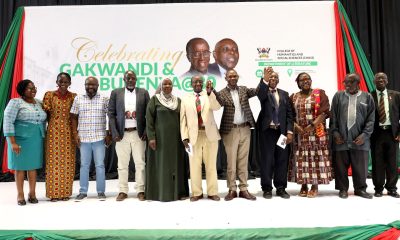
 Humanities & Social Sciences1 week ago
Humanities & Social Sciences1 week ago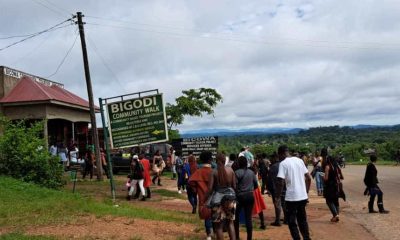
 Agriculture & Environment2 weeks ago
Agriculture & Environment2 weeks ago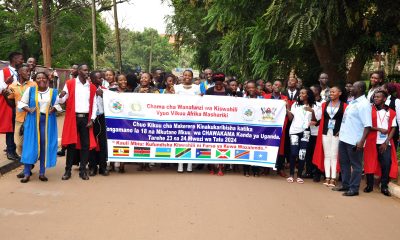
 Education2 weeks ago
Education2 weeks ago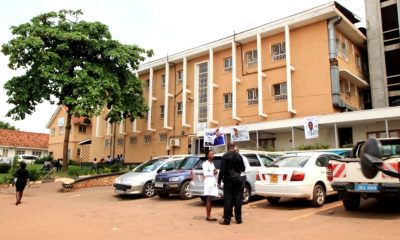
 Health2 weeks ago
Health2 weeks ago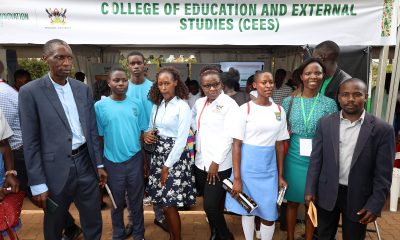
 Education2 weeks ago
Education2 weeks ago